
REX: Announces funding for its ‘domestic major city jet operations’
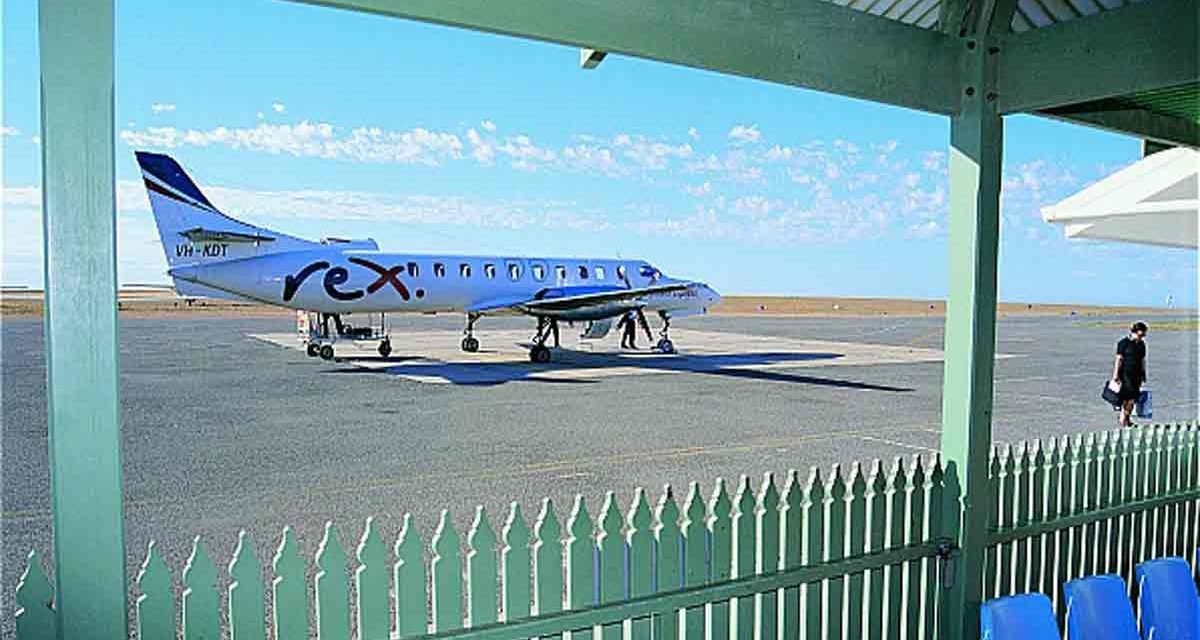
For the potential price of half its issued capital, Regional Express Airlines (REX) has now entered negotiation with PAG Asia Capital (PAG), for AU$150 million worth of funding to support the launch of REX’s domestic capital city to capital city jet operations, which it wants to commence by 1 March 2021.
Content of this Post:
Background
REX had announced its intention to enter the capital city market – particularly the golden triangle of Sydney-Melbourne-Brisbane a couple of months ago – which seems counter-intuitive given that the airline industry is suffering one of its worst slumps since 9/11 due to the COVID-19 pandemic. However, on the whole, domestic flying is faring better than long haul international so given the administration and later sale of Virgin Australia and the demise of Tiger as the low-cost brand of Virgin, maybe there is an opening for another domestic player.
REX announced its plans for capital city expansion soon after receiving a AU$54 million ‘bailout’ from the Australian Federal Government. That has raised some eyebrows. Not really a good look to be seen to use government funding for expansion, when the money was provided to subsidise regional routes that COVID-19 may have rendered unprofitable.
Controversial
Recent actions including the receipt of government subsidies, its intentions to expand to capital cities, and the turning of the Melbourne-Burnie service into a ‘triangle’ route by including a leg to King Island have provoked some harsh words from the Department of Infrastructure, Qantas boss, Alan Joyce, and regional competitor Sharp Airlines.
REX along with Qantas and Virgin Australia has also received some anti-competitive dispensations during the pandemic from the Australian Competition & Consumer Commission (ACCC):
The ACCC notes Rex, Qantas and Virgin Australia currently benefit from government funding arrangements which support a minimum domestic network and that no coordination has occurred since Rex was granted interim authorisation in March. However, the ACCC considers once the funding arrangements are removed, the ability for the airlines to coordinate and share revenue is likely to result in public benefits by supporting the continuity of air services to certain regions during the COVID-19 pandemic and enabling better schedule spread, which provides greater choice for passengers flying to and from those regional destinations.
Authorisation is granted until 30 June 2021.
The authorisation is conditional on airlines charging fares no higher than those in place on 1 February 2020. The authorisation is also subject to reporting conditions, which will allow the ACCC to closely monitor any cooperation.Australian Competition & Consumer Commission statement, 11 September 2020
Deal details
The funding of up to AU$150 million uses secured convertible notes, that can be exchanged at AU$150 a share. The fundraising is divided into tranches over three years, with the first AU$50 due in December, when the deal is expected to be completed, after due diligence.
‘If the $50 million tranche is fully converted into shares, PAG would hold approximately 23 per cent of Rex’s total issued shares, . . . And if the full $150 million is drawn down and fully converted, PAG would hold approximately 48 per cent.’
Needless to say REX shares have soared a few cents this morning from their starting price of AU$109.
2PAXfly Takeout
This is another timely reminder to wear your seatbelt when seated. Holding you close to your seat will protect you from the sort of injuries sustained on this flight, when unsecured passengers flew to the ceiling of the aircraft, and then came crashing down once the ‘drop’ ceased.
The hope will be that this is an anomaly – a ‘freak accident’ in casual parlance. If it is a systemic error either mechanical or electronic, then this is a larger concern for the airlines that fly Boeing Dreamliner 787 aircraft. Let’s hope it isn’t. If it is, it will pile on the woes to Boeing’s existing stack.
On the surface it looks like REX’s links to the National Party have paid off, with them in receipt of what looks to some, like a disproportionately generous slice of the subsidies offered, compared to other domestic airline players.
But, more competition on the golden triangle route may lead to lower prices once they enter the market. And that is generally a good thing.
Looking for external funding, and being prepared to risk some equity to do that makes them sound serious. Let’s hope they have done their homework as the airline business is no kind to new competitors.
Oh, and fix your execrable website, and invest in some commissioned fleet photography, REX!



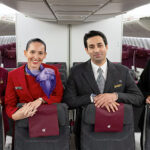
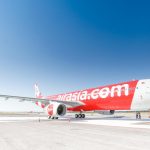
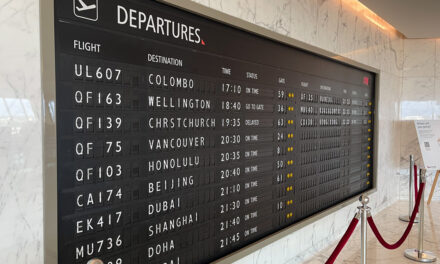
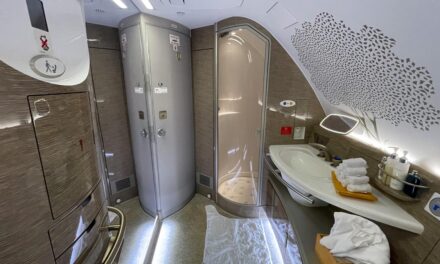

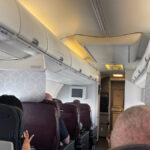


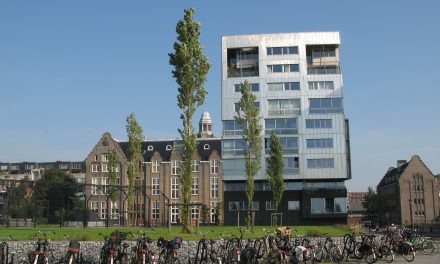
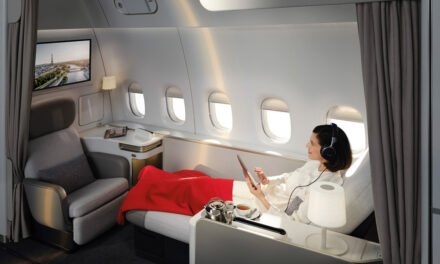
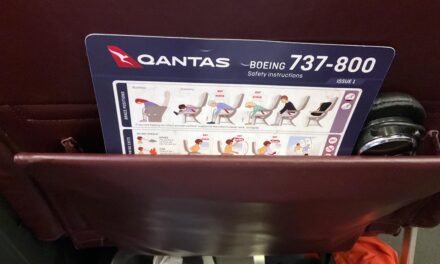
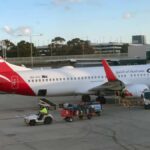

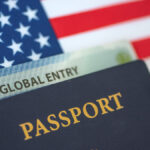
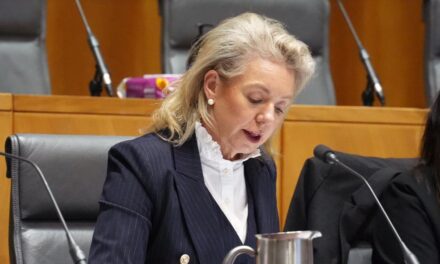

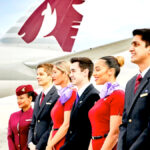



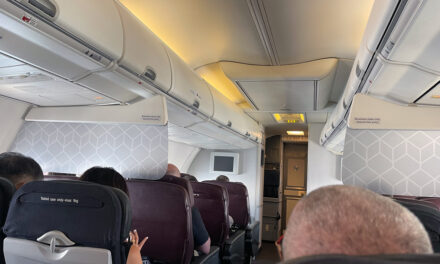



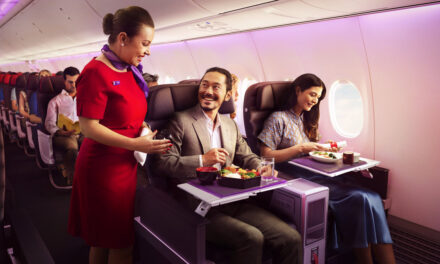
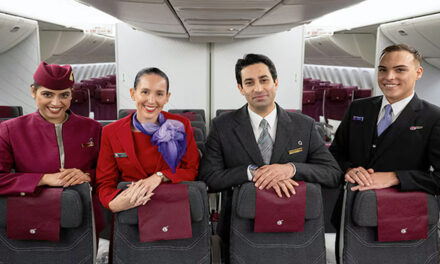

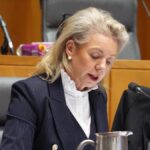




What did you say?